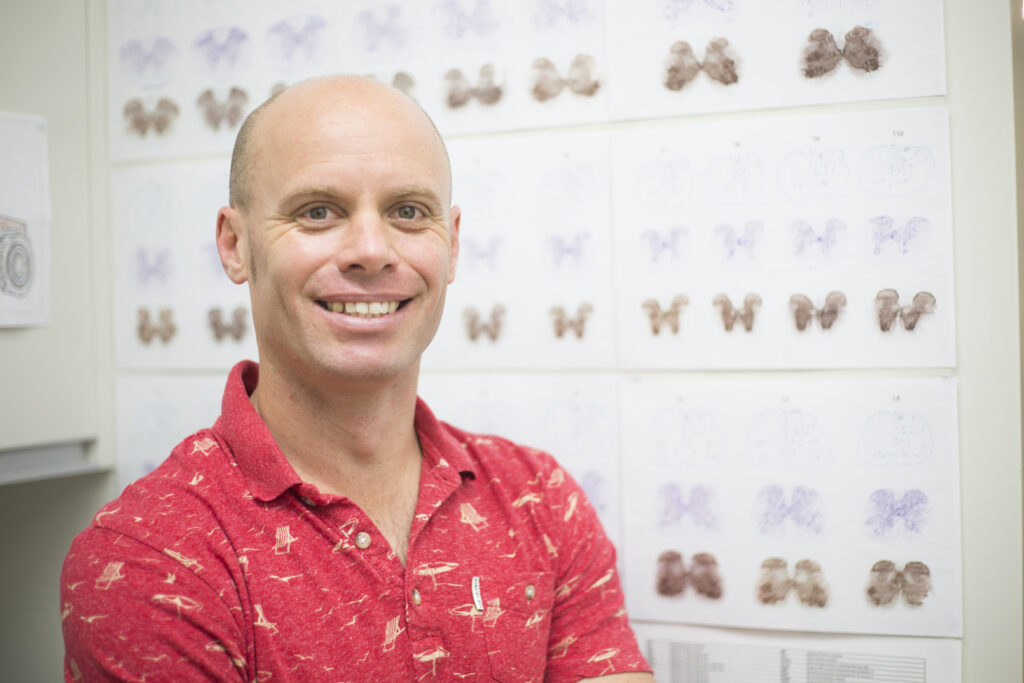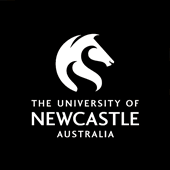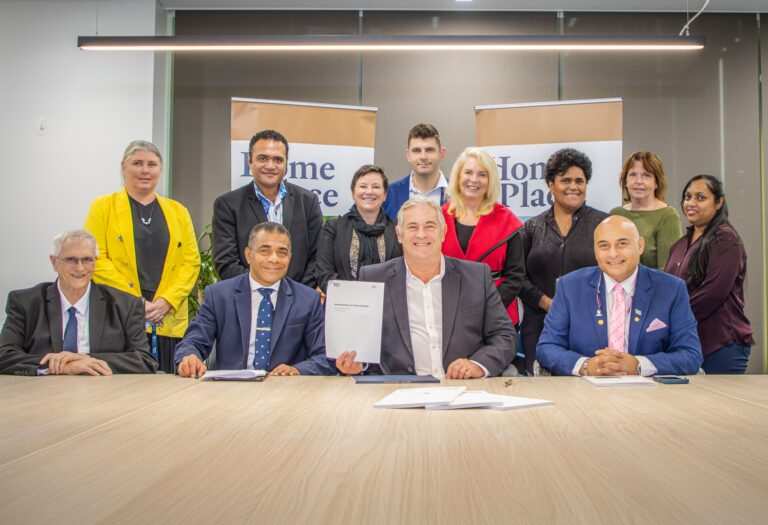The body and mind will be a key focus for innovative researchers from the University of Newcastle, who were successful in the latest round of the National Health and Medical Research Council (NHMRC) Ideas Grants.
More than $5.2m will be allocated to seven Newcastle research projects, which aim to understand, address, and reduce the severity of specific diseases and conditions.
The University of Newcastle and Hunter Medical Research Institute (HMRI) researchers will tackle some of the world’s biggest health challenges, including the burdens of infertility, pre-term birth, and developing an effective way to predict, prevent and treat bone metastasis in prostate cancer – of which there is currently none.
Associate Professor, Brett Graham and his team will investigate the spinal cord origins of chronic pain and new treatment opportunities, diving deeper into understanding chronic pain signals by de-coding spinal activity.
Two successful projects will aim to gain a better biological understanding of mental health disorders to improve treatments.
Research into underlying mechanisms and novel treatments for common disorders including depression and Post Traumatic Stress Disorder (PTSD) will receive more than $831,000 in a project led by Professor Chris Dayas and Dr Lizzie Manning. Dr Manning was also awarded funding for a study dedicated to better understanding behaviour and symptoms of obsessive-compulsive disorder (OCD).
Almost $1m will be used to explore new therapies for inflammatory bowel diseases. This work will use 3-dimensional ‘mini-guts’ and trial a ground-breaking way to use artificial intelligence (AI) for drug target discovery.
University of Newcastle Deputy Vice-Chancellor (Research & Innovation) Professor, Zee Upton said it was this level of innovation that had earned the University its stellar reputation for health and medical research.
“The number of successful projects in this funding round is a testament to the creative and modern thinking being done at the University of Newcastle and our ongoing commitment to drive discoveries that help people live better, healthier lives,” Zee said.
“We are proud to see our researchers leading the way in the treatment of conditions like stress-induced disorders, which have been impacting communities globally, or for undetectable bone metastasis that impacts the survival and life of cancer patients.
“Through these projects, our researchers are driving collaborations with experts from more than one dozen Australian and international institutions, to ensure we bring the best and brightest minds together to tackle these critical health challenges.”
The 2022 NHMRC Ideas Grant round is the fourth instalment of its kind and is open to researchers at all career stages.
IMAGE | University of Newcastle Professor, Brett Graham







